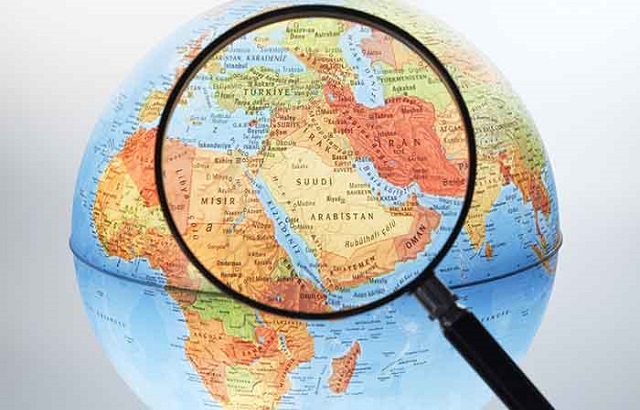High net worth (HNW) individuals in the Middle East are not prepared enough for succession despite thinking they have an adequate structure in place.
Research by wealth manager Lombard Odier revealed that, while 87% of the 300 HNWs polled believe their family business is structured to allow for an “efficient intergenerational wealth transfer”, just 24% have actually set out an estate plan for when the younger generation will need to take over.
The wealth manager also found a “significant” difference between older and younger business owners as well, with over half (55%) of the former having a full estate plan in place compared with 9% of the latter.
Among the younger respondents, 36% do not have any kind of estate plan but are interested in setting one up, while 26% have shown no intention of looking at their succession strategy. The remainder have a partial plan in place.
When asked about governance, there was also a discrepancy among age groups. Some 66% of older business owners had a formal and rigid structure compared to 50% of the younger individuals. Yet, younger HNWs were more flexible and open to change (45%) than their older counterpart (28%).
But both groups seemed to be on the same page when it came to Islamic values. Having a Sharia-compliant succession plan was important to 67% of respondents, with a slight increase among older business owners (74%) compared to younger clients (62%).
The only topic where there was an overall consensus was the one regarding the geographical placement of family wealth, with 90% of HNWs intending to keep it in the region for the foreseeable future.
Important factors
Arnaud Leclercq, partner holding privé and head of new markets at Lombard Odier, said: “The results of our survey reveal several important factors in the realm of succession planning amongst HNWs in the Middle East.
“Chief among them is a consensus that intergenerational wealth transfer is of great importance, yet an absence of estate planning across both older and younger respondents is also present.
“The findings around geographical wealth placement are encouraging though, with a majority of respondents planning to preserve their wealth in the region, reflecting positively on the Middle East’s investment environment.”








